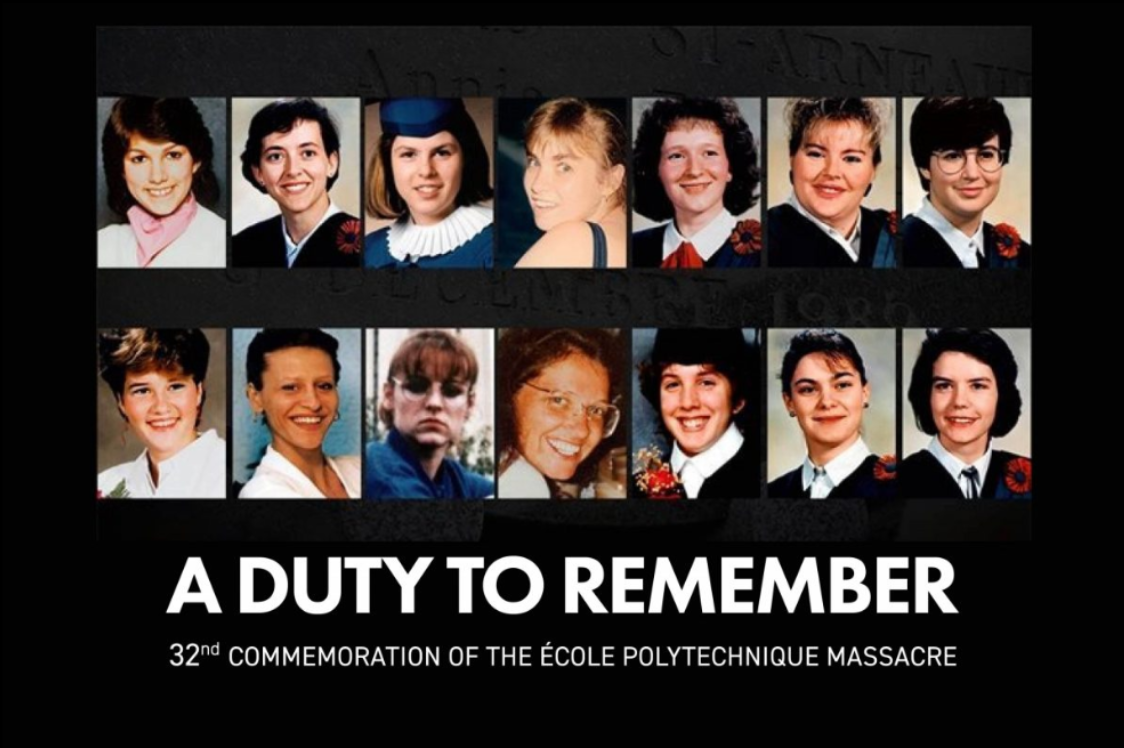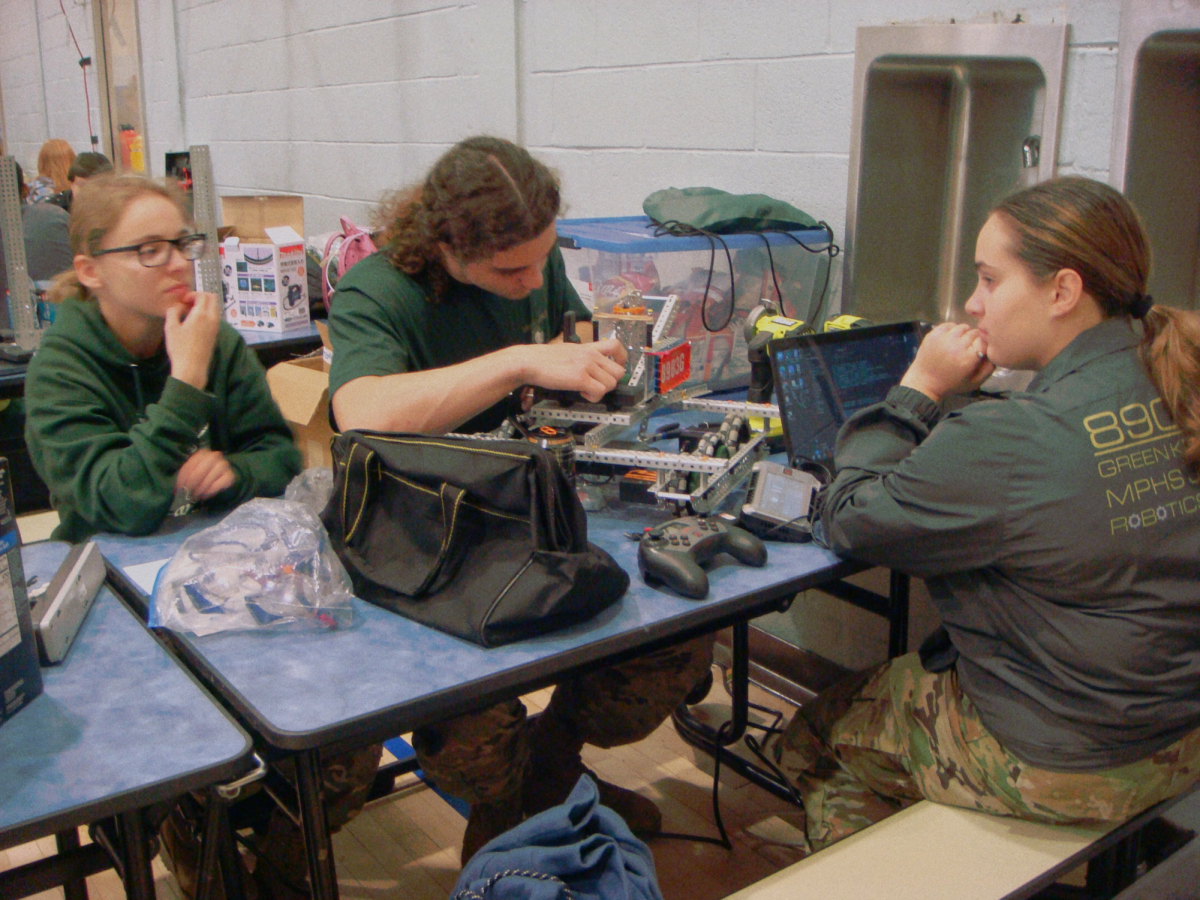Big Brother is watching you and he knows that your shoulders are exposed. Will we ever live without society’s standards controlling our every move?
We’re all very familiar with the concept of dress codes. We can admire their place in society and we usually act and dress accordingly. When you read the prices on the menu and a teaspoon of caviar is $150, you recognize that the restaurant you’re attending is upscale, and you dress for the occasion. When you get an internship at a prestigious law firm, you unconsciously tend to your appearance differently than you would if you worked in fast food. Different situations call for different dress codes and it is ingrained into us to respect these rules, whether they be spoken or not.
Because of this, it is difficult to define the consequences of dress codes on the human mind. Dress codes are commonplace for so many people, as well as a part of a larger set of societal rules that we mostly adhere to, so it’s challenging to differentiate between the effects of dress codes and that of any other relevant variable.
To shine some light on the effects, a survey has been sent out to several classes of your peers, which 117 students responded to. The goal of the dress code is to foster a positive environment, but 70.2% of respondents claim that they either felt targeted or saw others targeted. 47.4% mentioned gender or size, the majority claiming that being more feminine or bigger and taller makes you more likely to be targeted. Several notice that the dress code can be more permissive for boys. A positive learning environment doesn’t usually entail a social gap that is created when one gender or body type is targeted more than another.
It’s important to understand that when we are told something repeatedly, it becomes ingrained into us. Because the majority of participants have had a dress code since for a large portion of their lives, the idea of parts of the human body not being “allowed” begins to taint their mindset. When asked if they felt as if they were doing something wrong by wearing more revealing clothing, 42.5% of students confirmed they felt guilty about this. One participant said that they’re more self-aware when wearing “revealing” clothing because “it’s seen as something provocative or inappropriate”.
When does it stop being the rules that hold us back and start being ourselves? 35.9% say they’re embarrassed about their appearance at all times, with 25.6% saying they only feel embarrassed the “normal amount”. We start to feed into societal expectations, as described by one student: “I think it’s instilled the idea into my head that I can’t look pretty if I’m wearing something even a little bit revealing.” Many don’t understand the idea behind dress codes, stating, “It makes me feel sexualized in a way that they would call my own natural body parts distracting and then punish me for being born with them.”
The message behind this set of rules could have been lost over time or misconstrued by those affected by it, but the effect is undeniable. The positive learning environment should still be sought after and fought for, but given the student body’s thoughts, can we be confident that the rules in place achieve this goal?



